United Kingdom (Bristol)
Is it possible to bring divided communities together through food? Soil Association believes it is. And it’s bringing bunting, garden tools and triangular sandwiches to the party.
The UK’s leading food and farming charity knows that both older people and children benefit from coming together over healthy food. Taking place in some of the UK’s most disadvantaged areas, with people of all ages and backgrounds in mind, it launched Food for Life Get Togethers in early 2019 to bring people ‘together’ (the clue is in the name) through the delicious trinity of growing, cooking and eating good food.
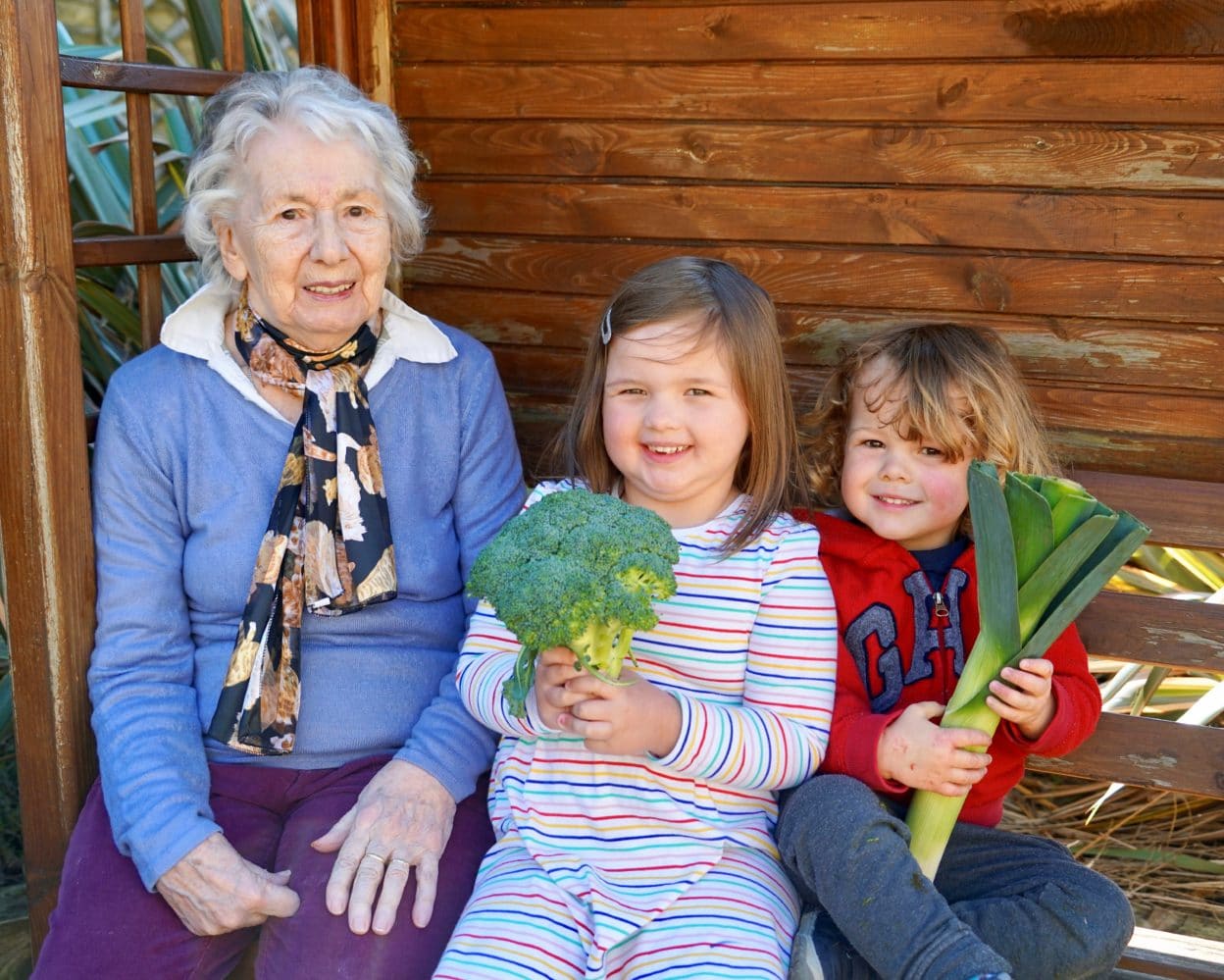
A ‘Get Together’ could be a street party that gets the whole neighbourhood sharing a feast; different generations hosting a roast dinner; a group of school children visiting their local care home; a curry-cook off; or as simple as a few people of different ages sitting down together over a plate of healthy, tasty and sustainable food.
“Food is a really powerful connector,” Dale Cranshaw, Food for Life’s Head of Service Design explains. “That’s a key message of the programme: it’s important that it’s not just a one-off connection. It’s about meaningful connections. That means regular and sustained interaction.”
The programme is organised around cross-generational links – with a generation defined as a 20-year age gap. When you connect the generations, attitudes to older people become more positive: but there are also other, informal effects, explains Dale: “When people in your community start having relationships with people from different generations, that impacts your attitudes to ageing too. So it’s not just the people we reach through the programme, it’s also their friends who hear stories about them having connected with older people”.
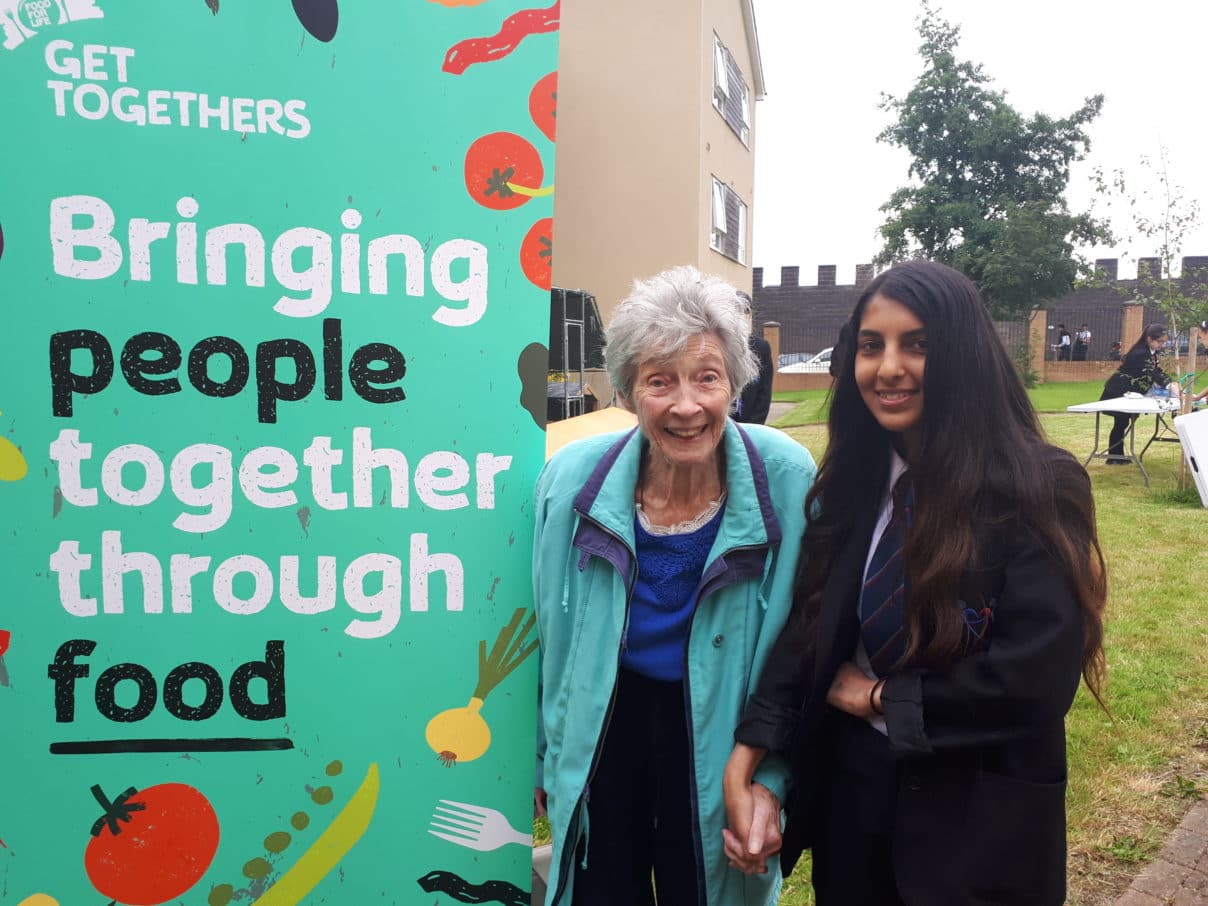
Food for Life helps with suggesting props or prompts to get children and older people talking together. For example, a child could hold three simple question cards, such as ‘What is your name?’, ‘What jobs have you done?’ and ‘What music do you like?’ to get the conversation flowing.
“Almost 50% of UK kids never get outdoors with their families but at the same time, more than nine million people often or always feel lonely,” explains James Cashmore, the Director of Food for Life. “Young and older people lack opportunities to bond.”
It’s important that everyone gets involved in ‘food citizenship’; that we are not just consumers, but citizens within a food system. As schools and early years settings have a particular interest in growing food, the programme is rooted in partnerships with schools, nurseries, hospitals, care homes and community organisations. Food has the power to unite communities, but it’s not just the nourishment that can have huge health benefits.
“Connecting through good food tends to be a lasting connection that sustains itself. When we talk about ‘good food’ we mean food that is good for health, environment and economy.” – Dale Cranshaw
The programme is offering small grants for community partner organisations, especially those engaging with disadvantaged or diverse communities already. “Funding can help with transport, food costs, durable equipment like gardening tools or cooking equipment, more formal training and support around facilitating connections and delivering intergenerational linking and how to sustain projects (like fundraising). For example, a multiple generations refugee group who come together over lunch, but are not connecting much, can benefit from practical support to facilitate connections.”
“I didn’t think the children would be interested in me,” May (aged 82) tells us at an afternoon tea Get Together organised by Age UK Hull with Adelaide Primary school. “But they talked to me for ages and seemed to enjoy it! I liked hearing about what they do at school. I hope that we meet again. I don’t normally go out, but I’m glad I came.”

The Get Togethers programme has secured £5.1 million from the UK’s National Lottery Community Fund to deliver a nationwide programme. A Get Together can be any gathering, big or small, at any time of year. To be part of something bigger, communities are encouraged to get involved in Grandparent Gardening Week in spring, The Big Lunch in summer or World Food Day in autumn. The programme hopes to reach 160,000 people directly from across different generations – and to have a secondary beneficiary reach of around two million people.
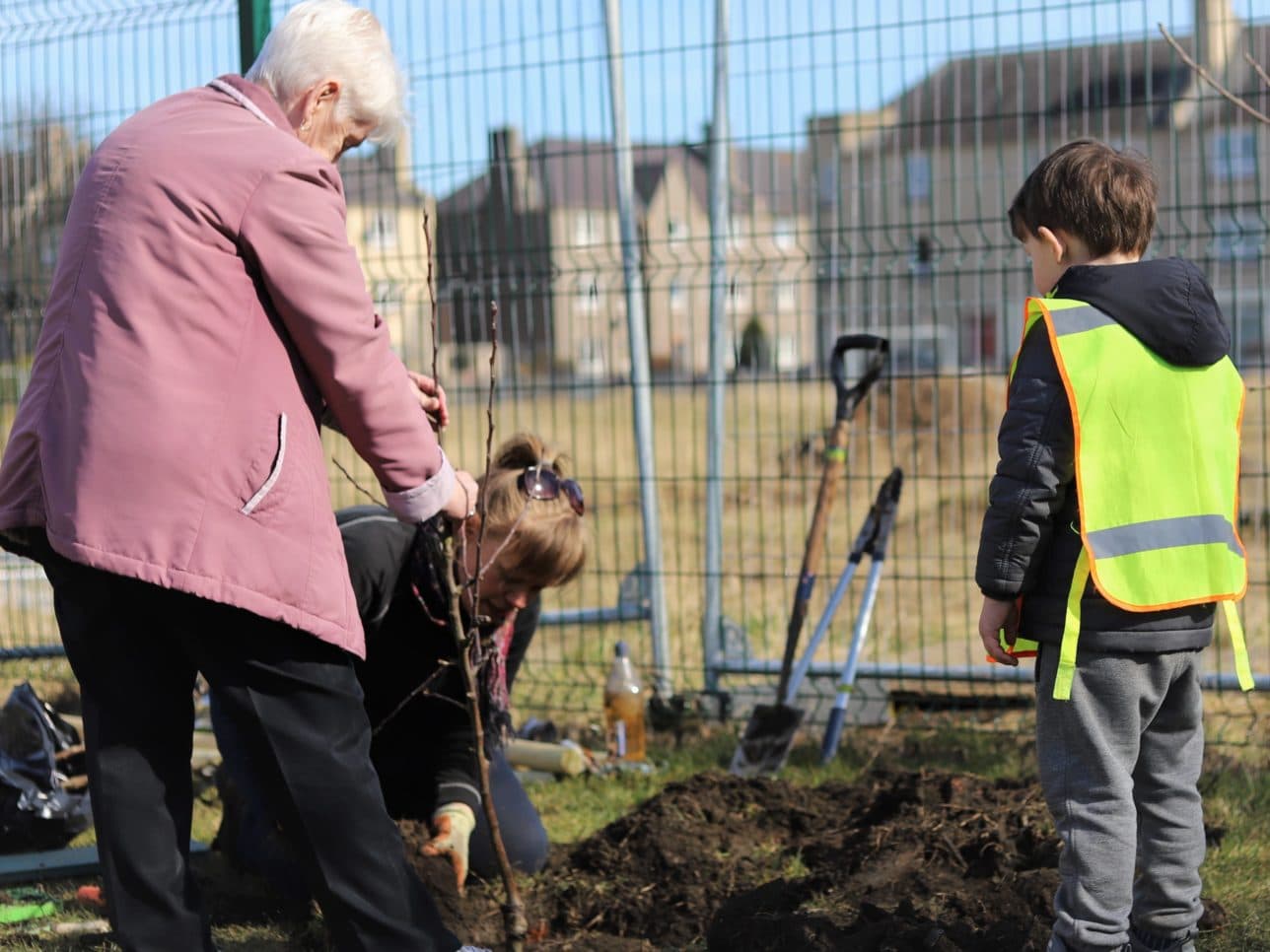
Food for Life has learned a lot about what works in the intergenerational area from specialist organisations like Generations Working Together and Linking Generations Northern Ireland. Get Togethers were originally developed out of learning from a previous Lottery funded programme called Better Care – a two-year test and learn programme working with older people to co-design solutions around how to use good food to tackle health and wellbeing, and tackle social isolation and loneliness.
“Building on that with Get Togethers – and learning from the Food for Life School Awards and Sustainable Food Cities programme – has contributed to different learnings and how to facilitate communities to take action on good food in their area,” Dale adds. “Sustainable Food Cities connects public, private and voluntary sectors to develop a local food plan, and improve access to good, healthy, sustainable food. Bristol and Brighton are striving to be the first to achieve the Sustainable Food Cities Gold Award by the end of 2020.”
AtlasAction: Sign up to host a Get Together here to receive your free event pack.
Project leader
James Cashmore, Director, Food for Life
Partners
This project has been selected as part of AgeFutures, a new storytelling project that maps the innovations transforming the lives of older people, and the designers, entrepreneurs and community leaders – across all generations – behind them. Atlas of the Future is excited to partner with Independent Age.
Support the Atlas
We want the Atlas of the Future media platform and our event to be available to everybody, everywhere for free – always. Fancy helping us spread stories of hope and optimism to create a better tomorrow? For those able, we'd be grateful for any donation.
- Please support the Atlas here
- Thank you!
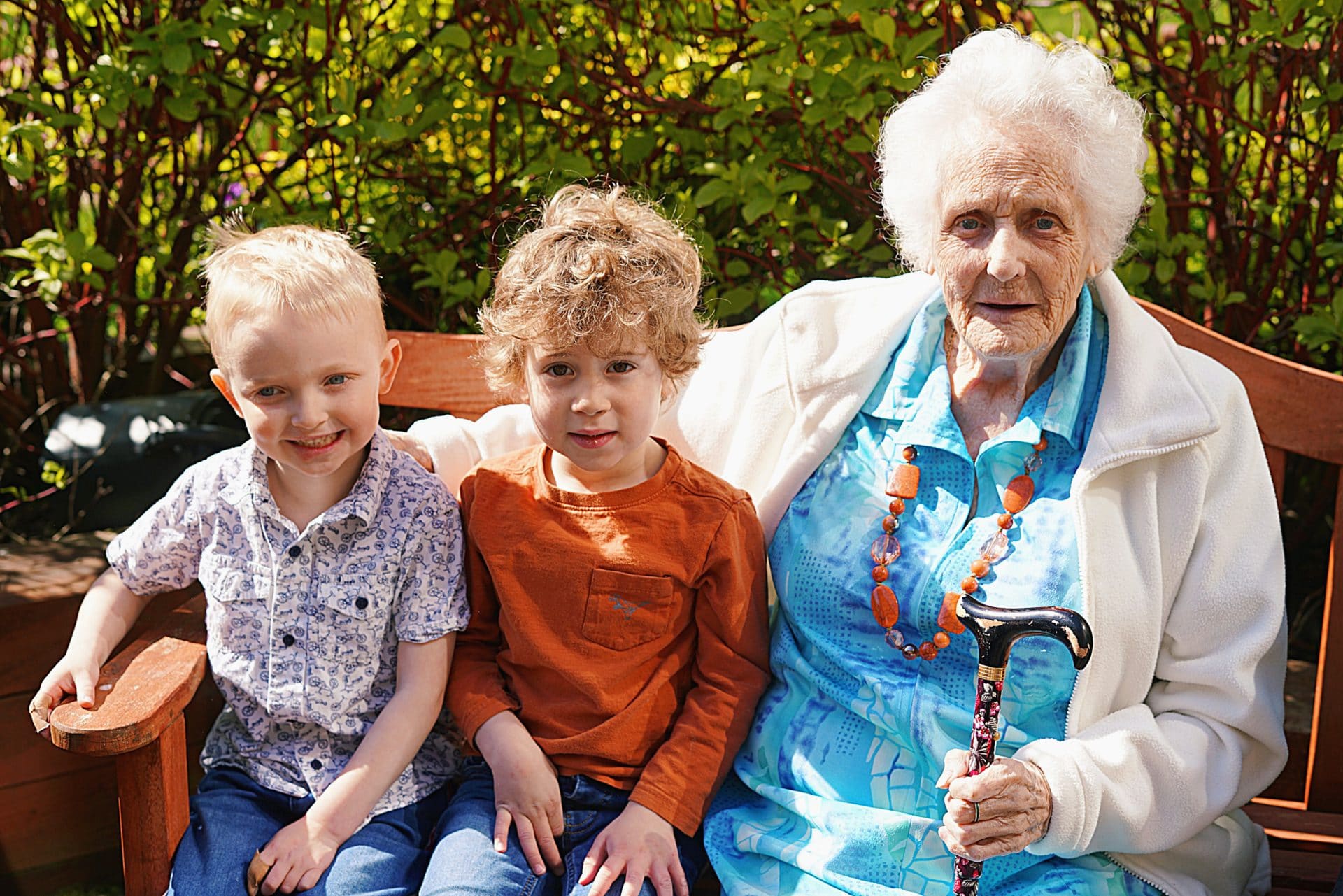
Savile Park Care Home & CherryTree Nursery
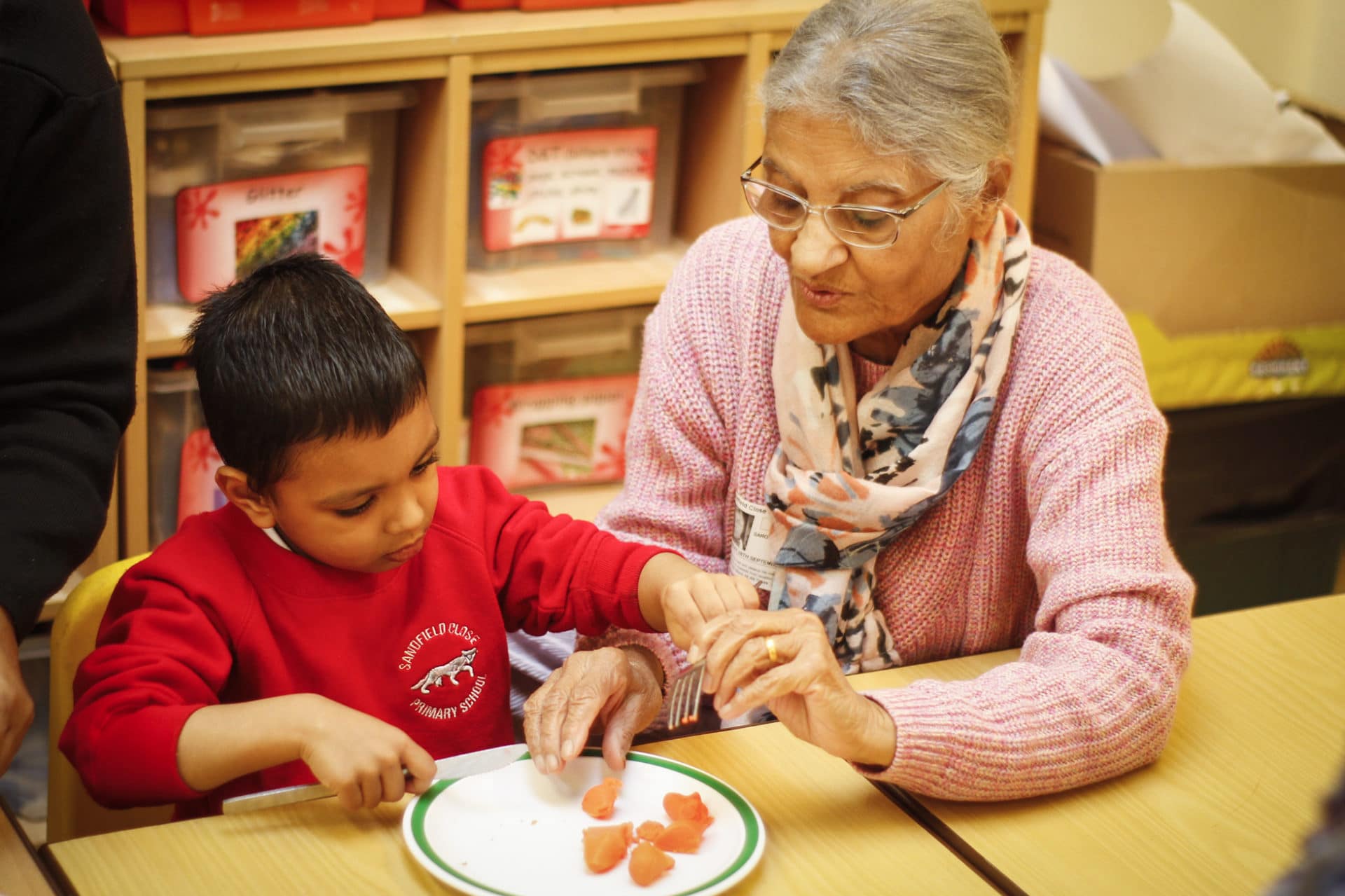
Sandfield Close School
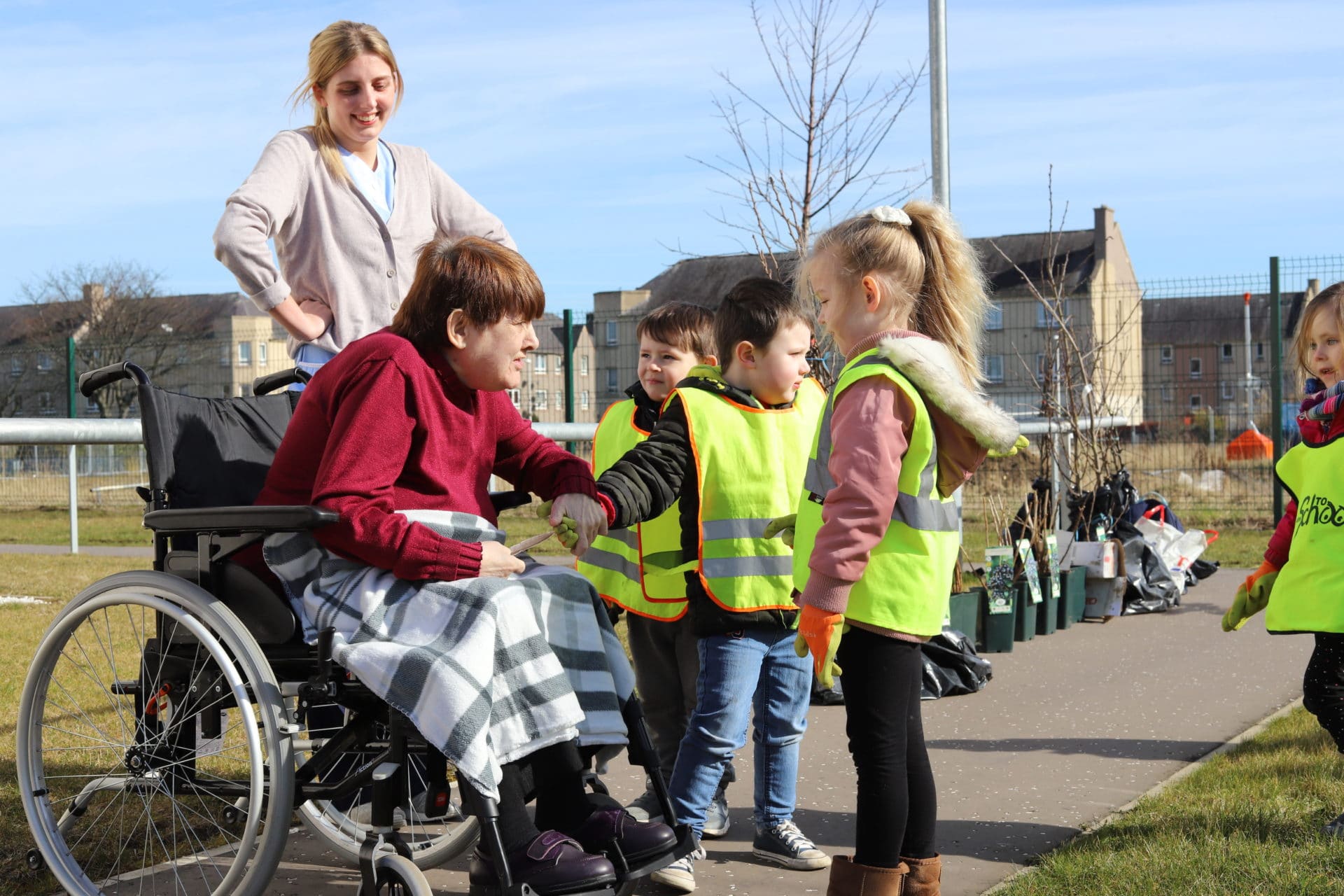
Royston Court Care Home

Lee Mount Care Home
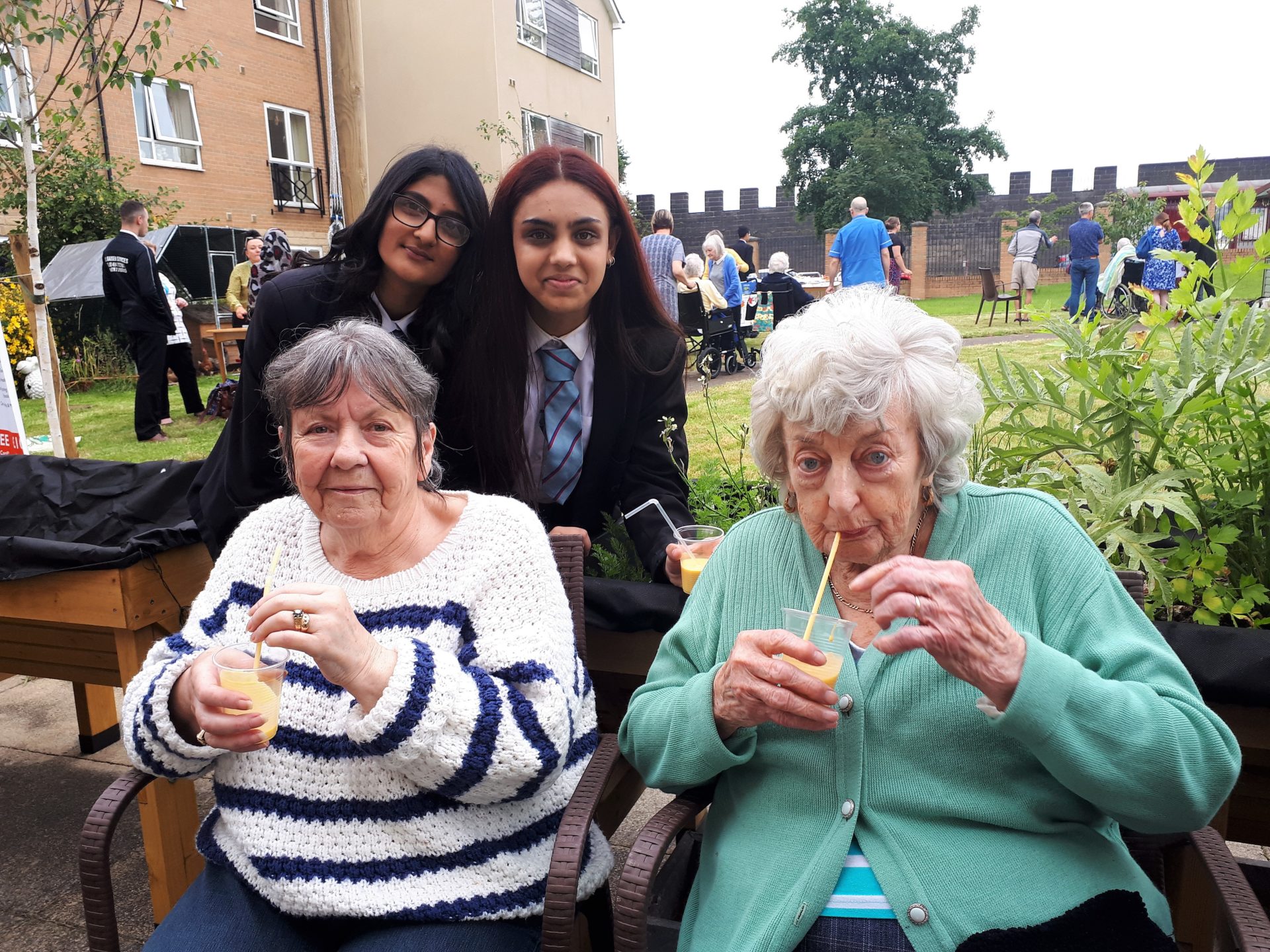
Halifax Academy



